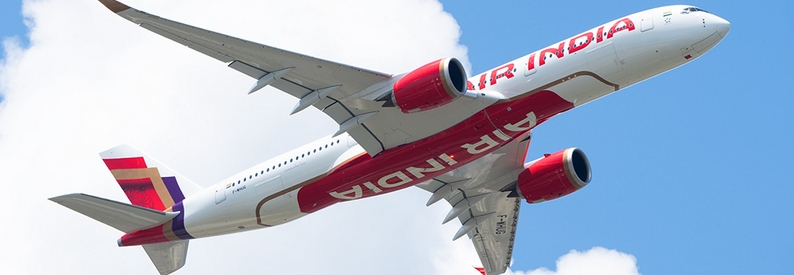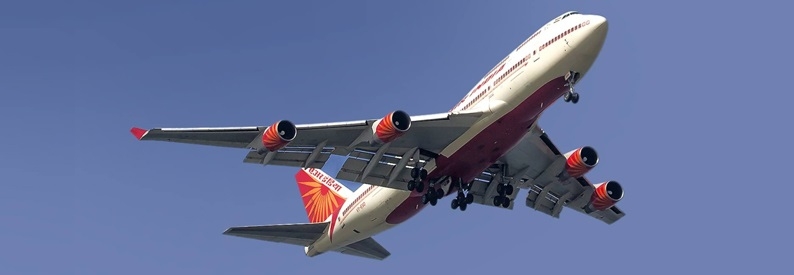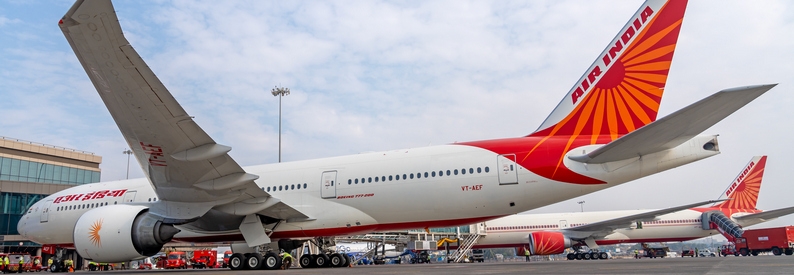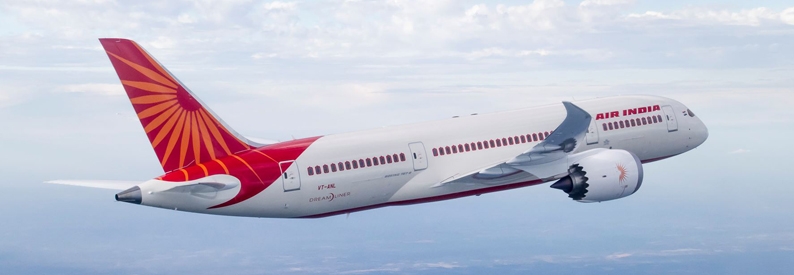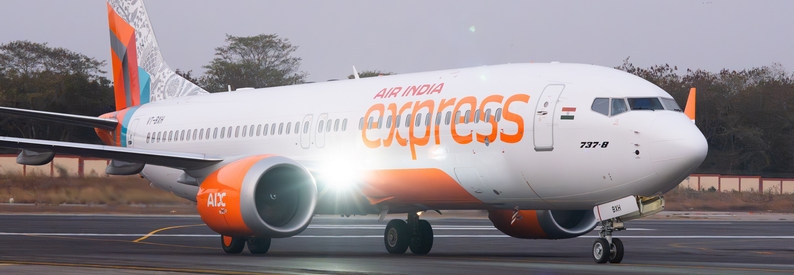The Indian Government is set to resume the sale of Air India Ltd. following Cabinet approval for the move. According to a Press Information Bureau readout published on June 27, Prime Minister Narendra Modi's inner circle agreed to once more pursue the strategic disinvestment of Air India and its five subsidiaries following a recommendation put forward by the Air India Specific Alternative Mechanism (AISAM) committee.
In its report, the AISAM said the state's continued support for the carrier had resulted in a change in its fortunes in contrast to a March 2018 recommendation against its sale which, at the time, had been discouraged by volatile crude oil prices and adverse exchange rate fluctuations.
"As per the recommendations of the AISAM, the government will now go ahead with the process of disinvestment of the company," it said.
However, a Ministry of Civil Aviation (MOCA) statement to parliament on June 27 appears to contradict the AISAM's claims given that during 2018/19, Air India's losses are expected to grow from INR53.48 billion Indian rupees (USD775.8 million) in 2017/18, to INR76.35 billion (USD1.107 billion) (provisional) in 2018/19 against state support of INR39.75 billion (USD576.6 million) during 2018/19.
Air India's excessive debt pile is believed to have played a decisive role in last year's failed privatisation drive. At the time, government attempted to sell a 76% stake in Air India Limited, 100% of its wholly-owned subsidiary Air India Express, as well as a 50% stake in Air India SATS Airport Services (AISATS), which provides ground-handling services at Delhi International, Hyderabad International, Bengaluru International, Thiruvananthapuram, and Mangalore Bajpe. Would-be investors were also required to assume INR333 billion (USD4.69 billion) worth of debt. No formal bids were tendered.
As such, in February this year, MOCA established Air India Assets Holding Ltd. (AIAHL) to contain the subsidiaries that are not part of Air India's strategic disinvestment drive, namely Air India Air Transport Services Ltd. (AIATSL); Airline Allied Services Ltd. (AASL) t/a Alliance Air (India) (9I, Delhi International); Air India Engineering Services Ltd. (AIESL); the Hotel Corporation of India Ltd. (HCI), as well as non-core assets including painting facilities and other non-operational Air India Ltd. assets. The SPV also warehouses INR294.64 billion (USD4.273 billion) worth of Air India debt which, according to MOCA, stood at INR585.31 billion (USD8.49 billion) overall as of March 31, 2019.
New Delhi's willingness to again pursue the sale of the loss-making state-owned carrier comes at a time when Jet Airways (JAI, Mumbai International) is set to enter into bankruptcy. With its rival carrier now absent from the highly competitive Indian longhaul segment, Air India has benefited not only from increased market share but also additional route authorities and slots.
India's Minister of State for Civil Aviation Hardeep Singh Puri told India's parliament last week that Jet Airways' route authorities for five countries had been temporarily reallocated to Air India/Air India Express until the end of the current summer season (i.e. late October).
The authorities in question include:
- India-Dubai: 5,852 seats per week;
- India-Hong Kong: 1,792 seats per week;
- India-Qatar: 5,670 seats per week;
- India-Singapore: 1,620 seats per week;
- India-United Kingdom: 4,788 seats per week.

